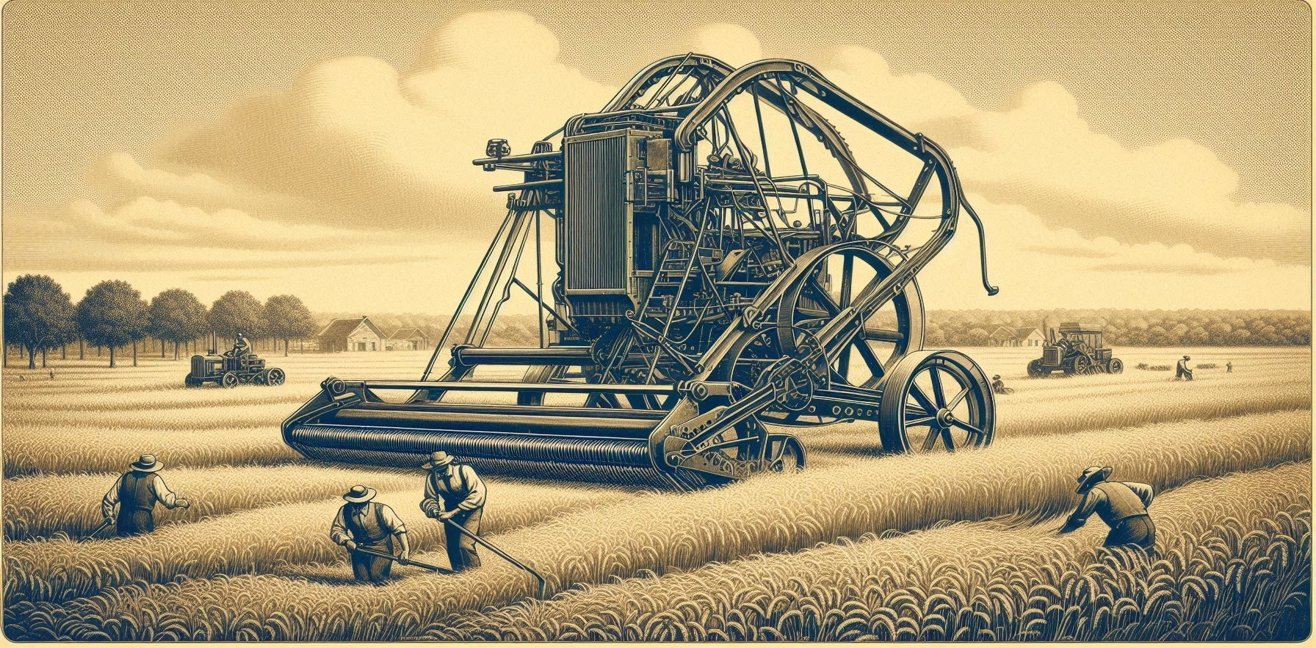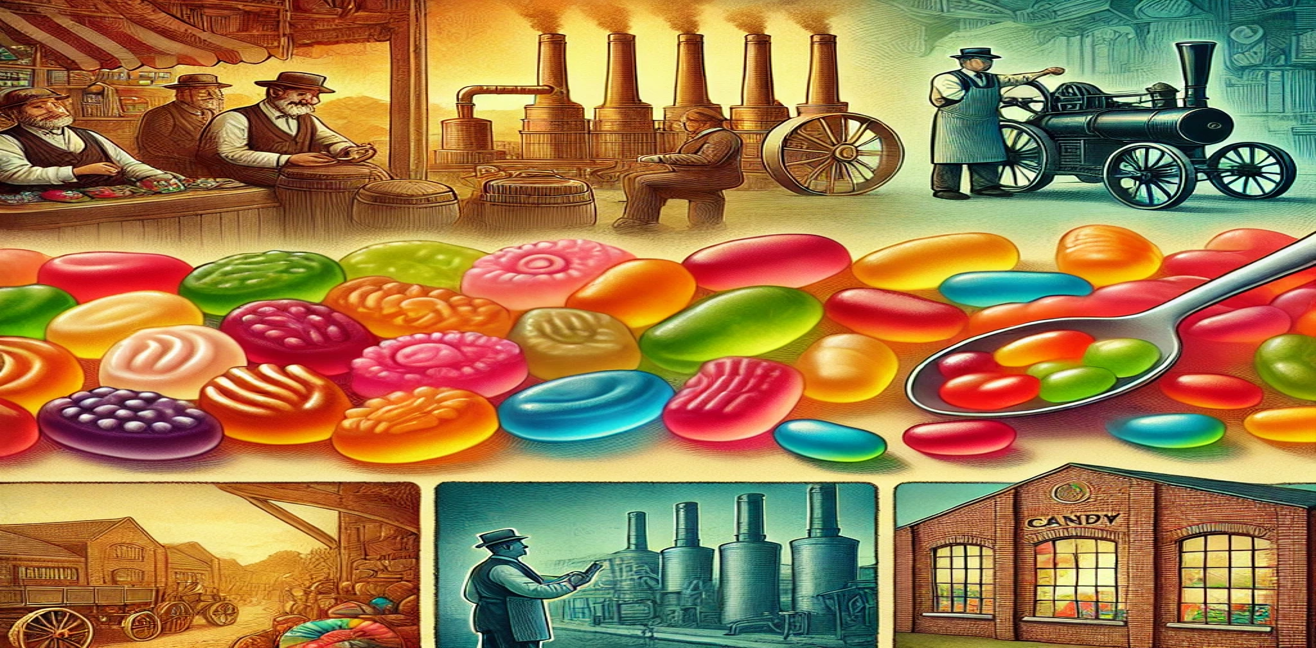Agriculture is one of the most fundamental and critical activities in human history. Cyrus McCormick, the American inventor who pioneered the agricultural machinery industry and revolutionized farming with his innovative designs, has left an unforgettable mark on this field. On May 13, 1884, McCormick’s passing was a great loss to the agricultural industry, but his legacy still forms the foundation of modern agriculture today.
McCormick and the Invention of the Reaper
McCormick was a key figure in agricultural machinery, and his most famous invention, the McCormick reaper, brought about a revolutionary change in the agricultural industry. This invention made harvesting grain in the fields easier and dramatically reduced labor. The McCormick reaper mechanized the process of harvesting grain, replacing manual labor and providing great ease to farmers. Compared to traditional methods, reapers were faster, more efficient, and economical, increasing the productivity and profitability of agriculture.
The Benefits of the Reaper
The McCormick reaper is considered a revolution in the agricultural industry and brought several benefits, including:
- Increased Efficiency: Reapers can harvest fields much faster than manual labor, allowing farmers to gather more crops in a shorter time.
- Reduced Labor: Reapers significantly reduce the need for manual labor. A single reaper can perform the work of many workers in a short period, providing time and cost savings for farmers.
- Soil Preservation: Reapers cause less soil erosion compared to traditional farming methods, contributing to the sustainability of agriculture.
- Foundation of Modern Agriculture: The McCormick reaper laid the foundation for modern agriculture. It is considered the beginning of technological advancements and automation in the agricultural industry.
Conclusion
The reaper invented by Cyrus McCormick sparked a revolutionary change in the agricultural industry. This invention increased the efficiency of farming, reduced labor requirements, and formed the foundation of modern agriculture. McCormick’s death marked the end of an era but also the beginning of a new age in the agricultural industry. His legacy promises a future filled with revolutionary innovations in the field of agriculture.




